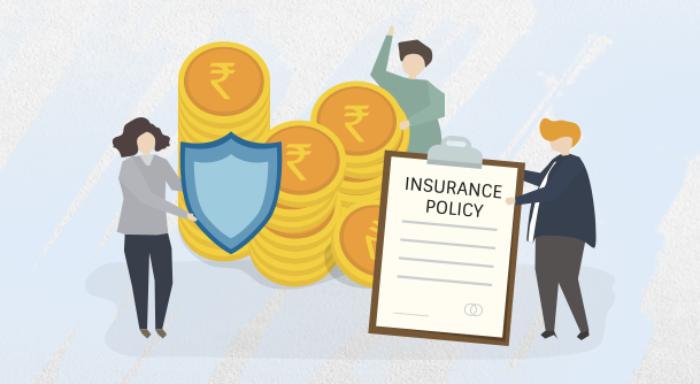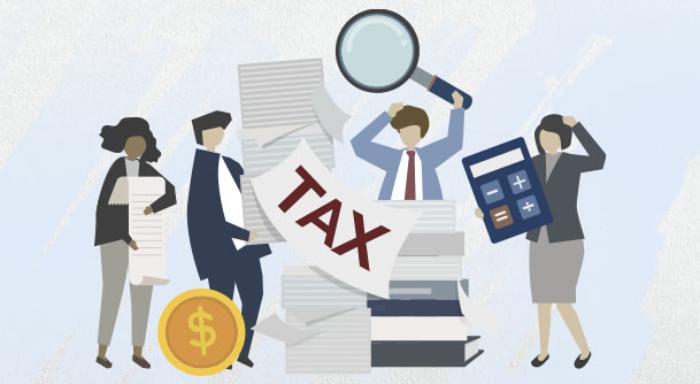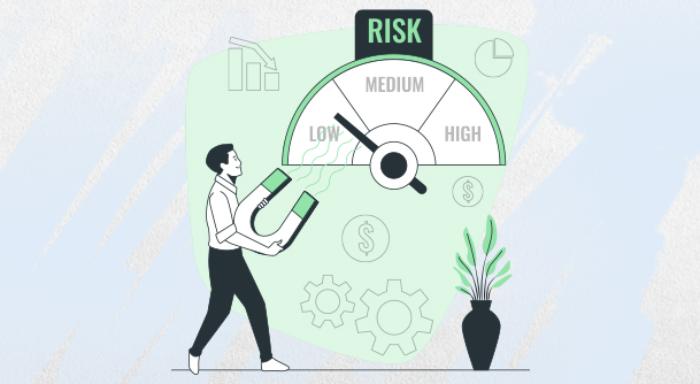What If I Stop Paying Life Insurance Premiums?
Blog Title
3643 |
4/21/25 8:07 AM |
Life insurance is a financial contract where you obtain life cover in exchange for regular premium payments. Life cover acts as an essential security blanket that financially secures your dependents if anything were to happen to you.
The drive to protect our loved ones in our absence is the primary reason why most people buy life insurance. The financial security provided by life insurance is an indispensable asset, especially for those who are the sole breadwinner of their family.
However, most life insurance plans are not a one-time purchase. While single premium plans do exist, the vast majority of whole life insurance plans require regular premium payments to remain active.
Generally, the premium amount for life insurance plans is quite reasonable. It is inadvisable to discontinue your insurance plan if you wish to maintain your benefits. But sometimes there are situations where regular premium payments may just not be feasible. For example, you may struggle to pay premiums during a financial emergency.
You might have already thought of such a situation and wondered, “What happens when I stop paying life insurance premiums?” Well, here’s a quick guide that aims to answer that question for you.
First Let’s Understand What is Grace Period?
Your life insurance plan isn’t immediately discontinued if you fail to make a premium payment. As per IRDAI, all life insurance plans have a ‘grace period’ of 15 to 30 days. The period lasts for 15 days for monthly modes and 30 days for yearly, half-yearly and quarterly modes. The grace period starts from the date of the first unpaid premium. During the grace period, the insurance coverage will be available as per the terms and conditions of the policy.
You can pay off your due premiums without any penalties during this timeframe. Moreover, your life insurance benefits will also be active during the grace period. Your insurance plan will only lapse if you fail to pay your premiums during the grace period.
What is a Policy Lapse?
Your insurance policy lapses when you fail to pay your premiums by the end of the grace period. A lapsed policy no longer offers any benefits. Your life cover is discontinued, and any other benefits are also cancelled. You may receive some returns if your policy has accrued a surrender value during its lifetime.
Letting your policy lapse completely is inadvisable. When your policy lapses, your family loses the protection provided by the life cover element. Moreover, if your plan lacks a surrender value, you will simply lose all the premiums you have already paid without receiving any benefits in return.
Note that a complete policy lapse is different from your policy becoming a ‘paid-up’ plan. Next, let’s understand what a paid-up plan is.
What is a Reduced Paid-Up Policy?
Most insurance providers now offer plans that have the ‘reduced paid-up’ clause. If your life insurance policy has the reduced paid-up benefit, your policy will not be completely terminated when you fail to pay premiums. Instead of lapsing, your policy will instead be converted to a ‘reduced paid-up’ version.
A reduced paid-up plan remains active even after the grace period ends. However, all benefits (life cover, added coverage, riders etc.) will be proportionally reduced based on the premiums you have already paid.
The formula to calculate reduced paid-up benefits is as follows:
Reduced paid-up= (No. of premiums paid/No. of premiums to be paid) X original benefit value
For example, if you have a policy that provides life cover of ₹1 crore, but you only pay 50 of the 100 scheduled premium payments, then your reduced paid-up life cover will be:
Reduced Life Cover= 50/100 x ₹1,00,00,000 = ₹50,00,000
Your life cover will be reduced to ₹50 lakhs in this example.
The advantage of a reduced paid-up plan is that your policy still remains active. You family will still be protected by the policy’s life cover, though the value of the coverage provided will be reduced as explained above.
What is Revival Period?
Say you failed to pay your premiums on time. Now your policy is a reduced paid-up version or has lapsed completely. You may think that this consequence is permanent, but that is not necessarily the case! Most life insurance products also come with a revival period during which you can renew your plan even after it has lapsed. This revival period begins on the day your policy lapses/converts into a reduced paid-up and can last for 3 to 5 years depending on the insurers terms and conditions.
You may have to submit your latest medical records while reviving a policy. Moreover, you can also be charged with a late payment fee before your policy is revived. So, reviving a policy is not an ideal solution, but it is generally more cost-effective than buying an entirely new life insurance policy. You cannot restore your policy to its original state if you miss the revival period.
How to Avoid Missing Premium Payments?
Sometimes missing premium payments is unavoidable due to financial constraints. However, many policyholders end up missing their due dates by simply forgetting about their policy! This is a common mistake we all make, after all, there are hundreds of other things to keep track of. Follow the below steps to avoid missing premium payments by accident:
Set up an autopay to automatically pay your premiums.
Set a calendar notification on your mobile phone.
If you have an agent, you can ask them to send you a reminder on your due dates.
Conclusion
Paying your insurance premiums on time is a must if you want to keep you family protected at all times. But even if you do miss your payment dates, you can still salvage your life insurance plan during the revival period. Ideally, you should look for a life insurance plan that has the ‘reduced paid-up’ clause. A reduced paid-up plan still provides some security even when you miss your premium payments.
Paying premiums on time might not always be feasible, this is why Edelweiss Life- Zindagi Protect Plus offers the Premium Break Benefit. This benefit allows you to skip up to 8 payments during your policy term. Meaning that you can continue to enjoy your policy benefits even if you miss your premium due date!










